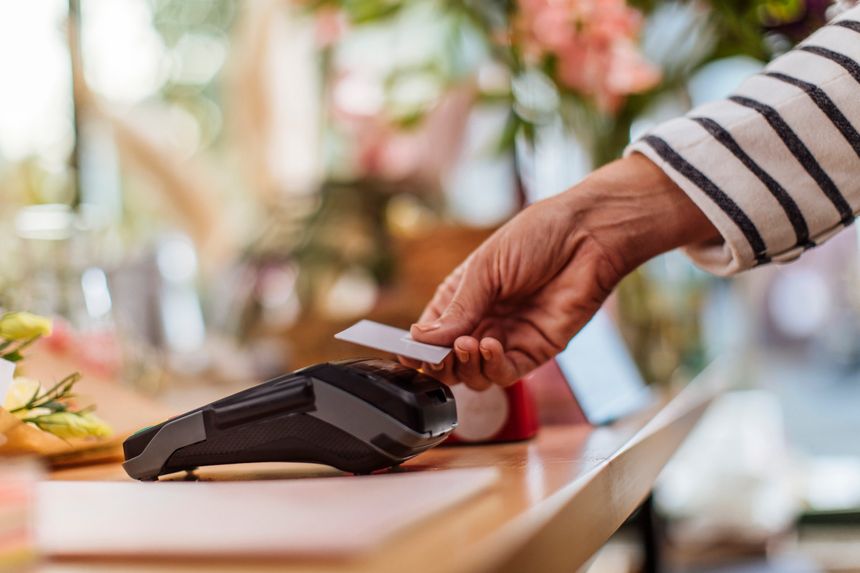The ASA has published a ruling on Trip Drink Ltd, the CBD drinks brand, following concerns about claims made on its website. The decision addresses nutrition claims, unauthorised health claims, and disease-related claims, offering a valuable reminder for all brands operating in the wellness space.
TRIP’s marketing positioned its drinks as a way to “crafted for calm” and support relaxation, with references to benefits for stress, anxiety, and sleep. These claims were made both directly and through customer testimonials featured on the site.
The ASA upheld three issues:
1️⃣ “0g added sugar” – misleading nutrition claim
TRIP described its drinks as containing “0G ADDED SUGAR.” While that may sound straightforward, the rules around nutrition claims are anything but.
Under English law, nutrition claims must comply with both food labelling laws and regulations as well as the CAP Code. In this case:
- The retained Annex of Regulation (EC) No 1924/2006 sets out the conditions under which a product can be described as having “no added sugar.” One key requirement is that the product must not contain any added mono- or disaccharides or other ingredients used for their sweetening properties. The ASA found that TRIP’s drinks did contain other sugars, meaning the claim did not meet the legal definition.
- Under the CAP Code, advertisers must ensure that any nutrition claim used in marketing is authorised and used in accordance with the conditions of use listed in the GB Nutrition and Health Claims Register (GB Register).
Because the product didn’t meet either of those conditions, the ASA concluded that the “0G ADDED SUGAR” claim was misleading.
2️⃣ Claims about cortisol and calm – unauthorised health claims
The website also included claims that the product could reduce serum cortisol levels and promote feelings of calm. These included:
- “every refreshing drop has been crafted for calm”
- “It will simply help you feel calm”
- “Each ingredient works with your natural bodies’ [sic] systems in different ways, to promote feelings of calm”
- A reference to a study stating: “A statistically significant decrease in the serum cortisol level appeared after (500mg) Mg supplementation, for 28 days.”
These were considered specific health claims that are not authorised on the GB Register.
Even if such claims are supported by scientific studies, they cannot be used in consumer-facing marketing unless they appear on the GB Register. As they do not appear on the GB Register, the ASA found that these statements breached the CAP Code by making unauthorised health claims.
3️⃣ Claims about anxiety and stress – prohibited disease claims
The issue that might be deemed the most significant arose from claims on TRIP’s website, including:
- “Health Benefits of Lion’s Mane - Reduces Anxiety and Stress”
- “Magnesium is the latest buzzy supplement. Can it help with anxiety?”
- “Lion’s mane is all the rage for […] mental health”
The ASA considered these to be claims to prevent, treat, or cure disease, which are prohibited for food and drink products.
The ruling also made clear that user testimonials featured on the website do not escape scrutiny. Brands are responsible for all content they publish, including customer reviews that appear on their own site.
🔎 Deep Dive: The risk of disease claims in wellness marketing
This part of the ruling is particularly important for brands in the wellness and functional drinks space—and for those in retail, hospitality, and leisure who stock or promote such products.
The CAP Code is very clear: food and drink products cannot be marketed as treatments for medical conditions. That includes mental health conditions like anxiety, stress, and sleep disorders. Even if the product is positioned as a lifestyle aid, and even if the claims are made by customers rather than the brand itself, the ASA will intervene if the overall impression is that the product has a therapeutic effect.
This is especially relevant in the age of testimonial marketing, where customer experiences are often featured prominently on brand websites and social media platforms. The ASA’s position is clear: if it appears on your site, you’re responsible for it.
For hospitality venues and retailers, this ruling is a reminder to review the marketing materials and web content provided by manufacturers / suppliers, particularly for wellness products. If a product is being promoted with claims that could be interpreted as treating a medical condition, it may not just be the manufacturer / supplier who’s exposed to risk.
✅ Takeaway
- Use only authorised nutrition and health claims, check the GB Register before making any statements.
- Avoid suggesting your product can treat or prevent disease, even indirectly or through testimonials.
- Be cautious with user-generated content, if it’s on your site, you’re responsible for it.
- Consider how tone, implication, and context may influence how claims are interpreted.
- If your product is positioned around wellness, calm, or mental health, seek advice early, especially if your messaging touches on stress, anxiety, or sleep.
As wellness trends continue to shape consumer demand, staying on top of the advertising rules is essential. If you're unsure whether your messaging is compliant, it's worth checking before you publish.
#HowardKennedy #Advertising #Marketing #Compliance #CBD #Retail #Hospitality #Leisure #HealthClaims #Wellness #ASA


/Passle/5ae9851e7bae7607b4016f56/SearchServiceImages/2026-02-25-16-55-31-227-699f2983de0dd5cefa70c130.jpg)
/Passle/5ae9851e7bae7607b4016f56/SearchServiceImages/2026-02-25-14-05-39-882-699f01b3f745f3b7a06423a5.jpg)
/Passle/5ae9851e7bae7607b4016f56/SearchServiceImages/2026-02-18-16-45-42-590-6995ecb62d09af0dd6cbfe4c.jpg)